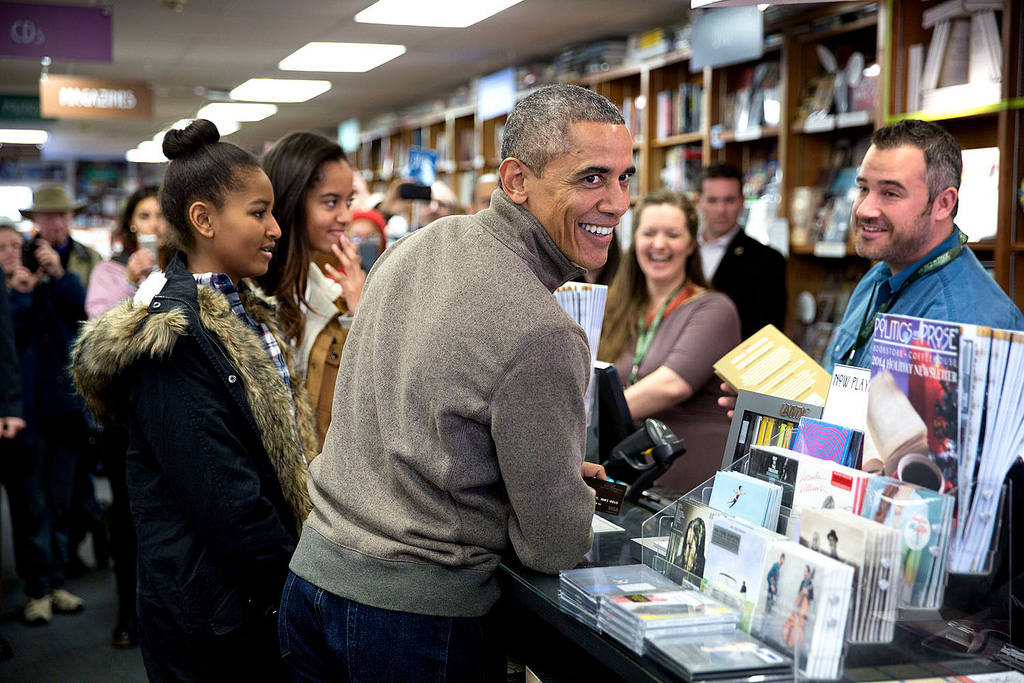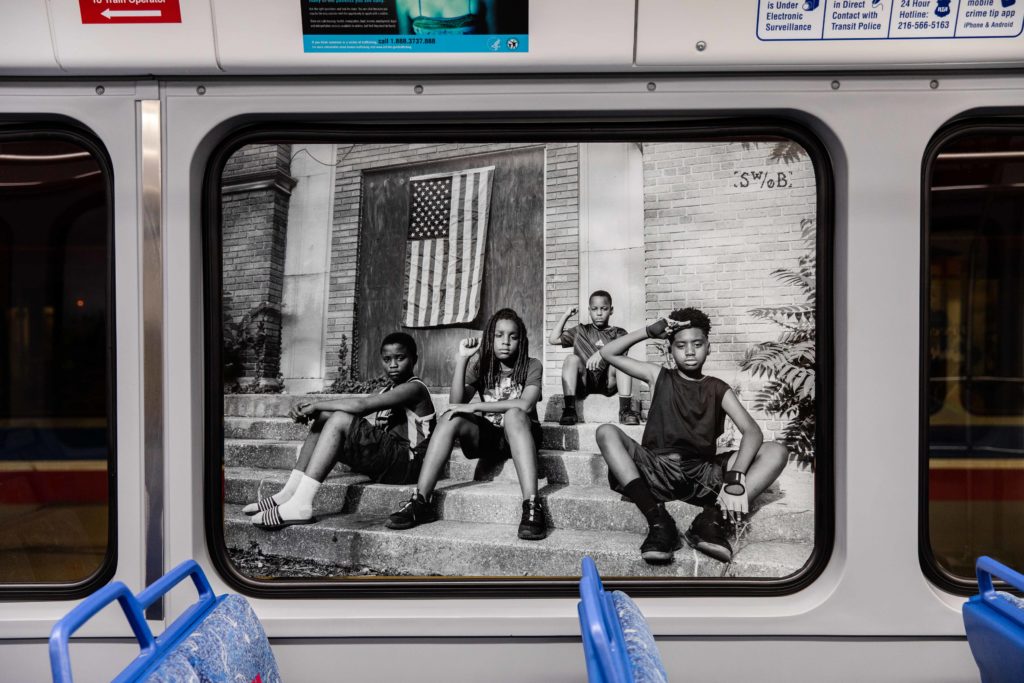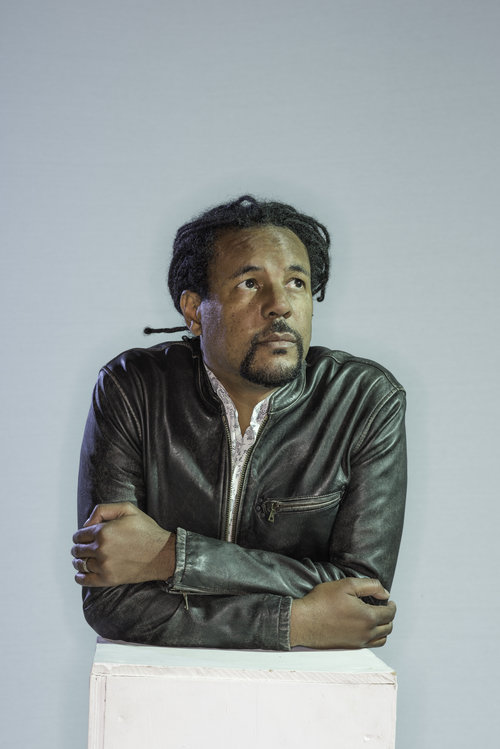
In a wide-ranging interview with New York Times chief book critic Michiko Kakutani, Barack Obama reflected on the centrality of reading and the titles that have given him insight and solace, particularly in fiction. He mentions just completing Colson Whitehead’s “The Underground Railroad” and putting Maxine Hong Kingston‘s “The Woman Warrior” on the Kindle of his older daughter Malia.
The conversation shows a deeply reflective man in the midst of shaping his second act. At 55, he leaves the White House a relatively young man, and he is eager to return to writing. Composing a memoir, drawn from journals Obama kept during his two terms as Commander-in-Chief, will be his first order of business.
Before transitioning into private citizen, Obama invited five novelists to break bread — Colson Whitehead, Zadie Smith and Junot Diaz (all three Anisfield-Wolf award winners) along with Barbara Kingsolver and Dave Eggers — to hear their perspectives on the craft and compare notes on culture and storytelling.
“I figured after all my criticism of his policies I wouldn’t be high on his list for anything but clearly there’s room at his lunch table for dissent,” Diaz wrote on Facebook. “He burned with optimism and faith invincible.”
Much like Edith Anisfield Wolf, Obama believes in the power of the written word to better us: “When so much of our politics is trying to manage this clash of cultures brought about by globalization and technology and migration, the role of stories to unify — as opposed to divide, to engage rather than to marginalize — is more important than ever.”



